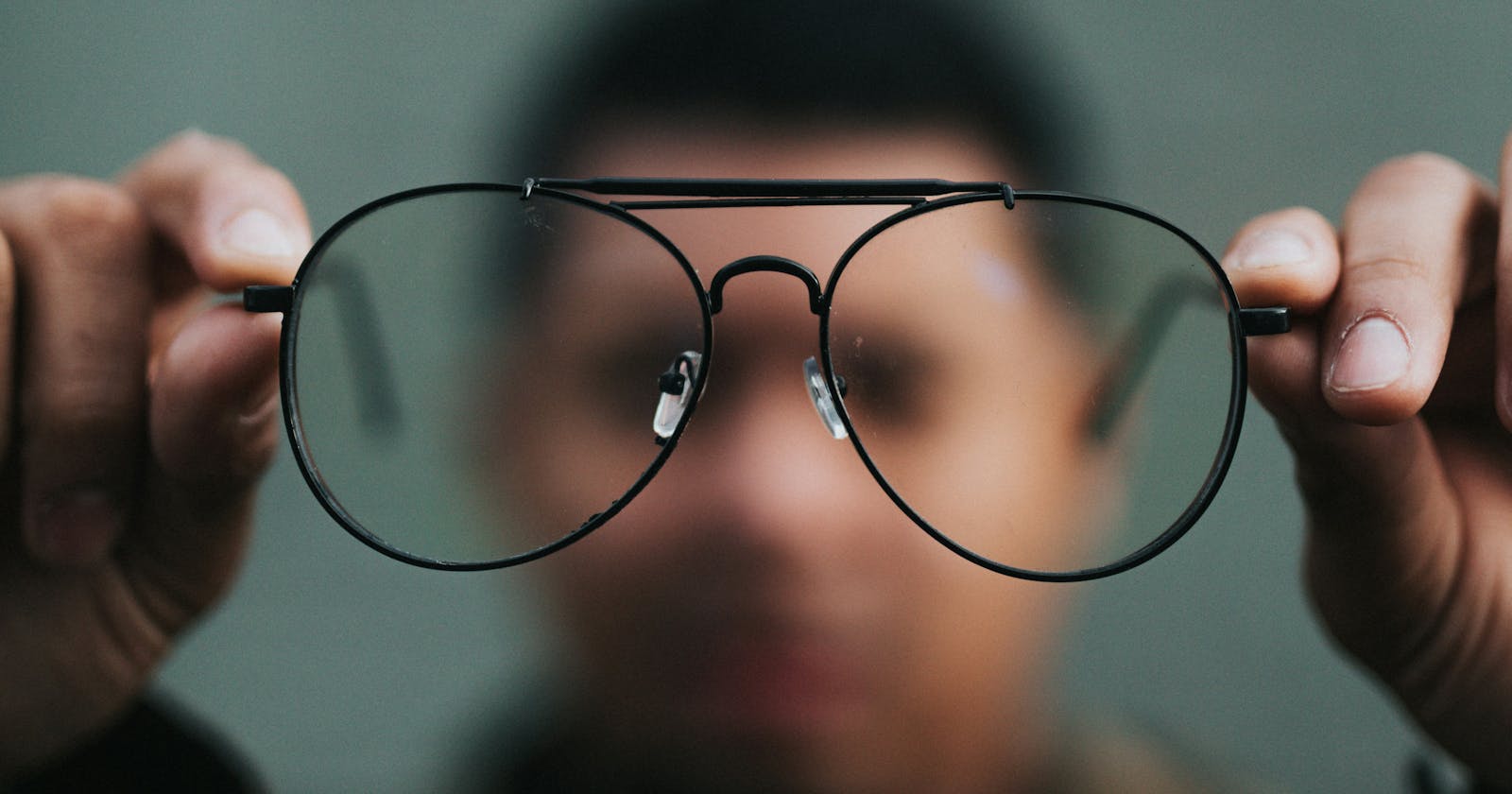Balancing perspectives

Yesterday, I stumbled upon a captivating piece written by the pediatrician and IBCLC (International Board Certified Lactation Consultant) who coordinates my postgraduate studies on breastfeeding.
Her influence within Portugal's breastfeeding community is substantial.
The post, from a few years ago, talks about the positive impacts of the confinement period of the COVID-19 pandemic on the overall health of her young patients.
Beyond simply experiencing fewer illnesses, the children flourished in the home environment, as reported by their parents. Some even exhibited accelerated learning curves in milestones like speech and mobility. She concludes by advocating for children to enter childcare only after the age of three.
It really made me think.
As usual, I am torn.
On one hand I feel frustrated. As a working mother of a 10 month old who attends creche the article hit a sore spot. But I wonder who can realistically manage to sustain this lifestyle? Even beyond economic considerations, isn't it valid for a mother to desire a return to work or to just pursue other interests? Don’t we carry enough guilt already as it is?
On the other hand her words bring warmth to my heart: it is indeed true that our kids need us there. Our presence and proximity makes a difference. I’m not surprised to learn that confinement was even beneficial for the neurodevelopment of many kids.
I have mixed feelings.
Since I’ve started to get interested in the breastfeeding / parenting field, I realize my focus has always been mainly on the mother and her wellbeing.
From the empowering experience a mother can get when she’s successfully breastfeeding. To the restful nights a woman can achieve via (safely) co-sleeping. Or even the practicality of things like Baby-led weaning and baby-wearing. I’ve been mostly looking through the woman perspective.
I even used to bristle at recommendations that seemed to prioritize the infant’s well-being only.
Yet, I now realize I've been guilty of a similar bias, albeit from the opposite end of the spectrum.
And while I guess it’s normal for each one of us to have a natural tendency to sympathize more with a certain perspective. In a sense it’s even reassuring to know that there are people who are also looking out for our kids.
I realize, however, that something I don't want to do in my clinical practice is make it about "fighting my personal battles".
That's not what I'm there for. I need to consider each dyad (mother-baby) or each patient as unique and adapt my care accordingly.
The only way to empower patients is through education and evidence-based guidance but ultimately they need to make informed choices that align with their values and their preferences.
